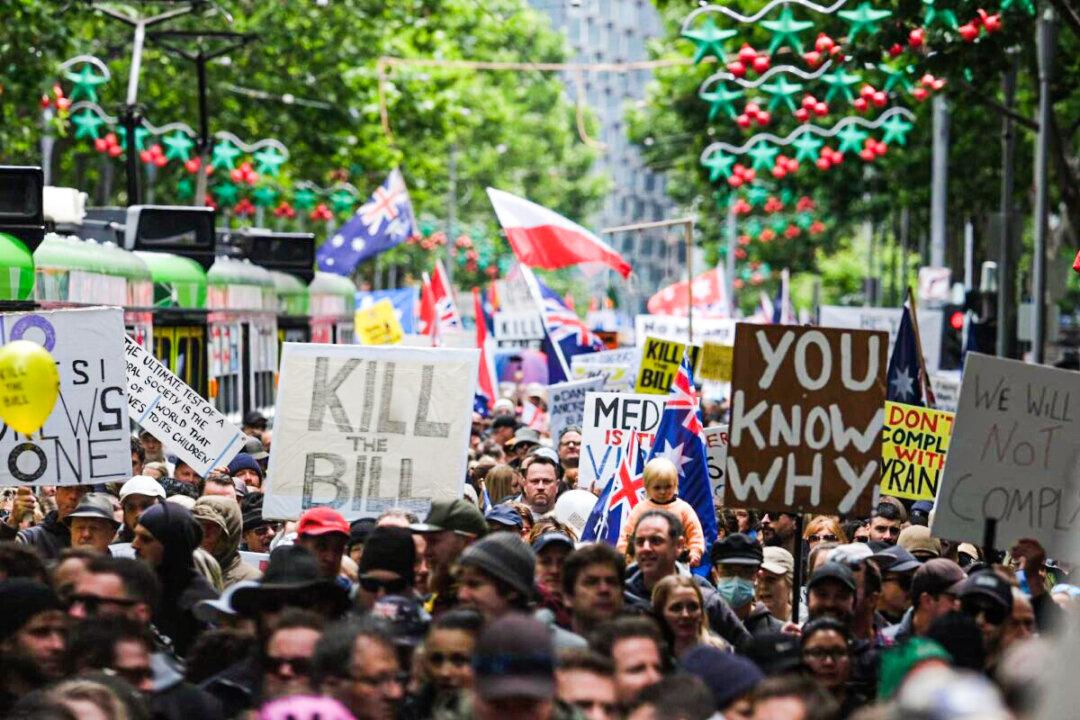Federal Treasurer Josh Frydenberg is among a growing number of federal MPs who are voicing their concerns over Victorian Premier Daniel Andrews proposed pandemic legislation that will grant the state’s premier and health minister unprecedented powers to “rule by decree.”
“I don’t agree with Daniel Andrews Pandemic Bill. It’s overreach & has rightly been condemned,” Frydenberg said in a tweet.





